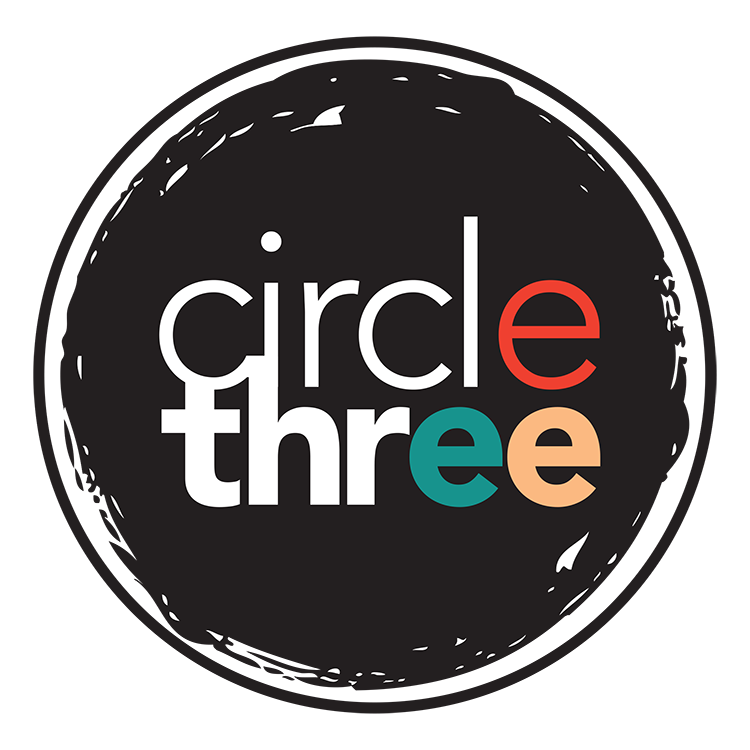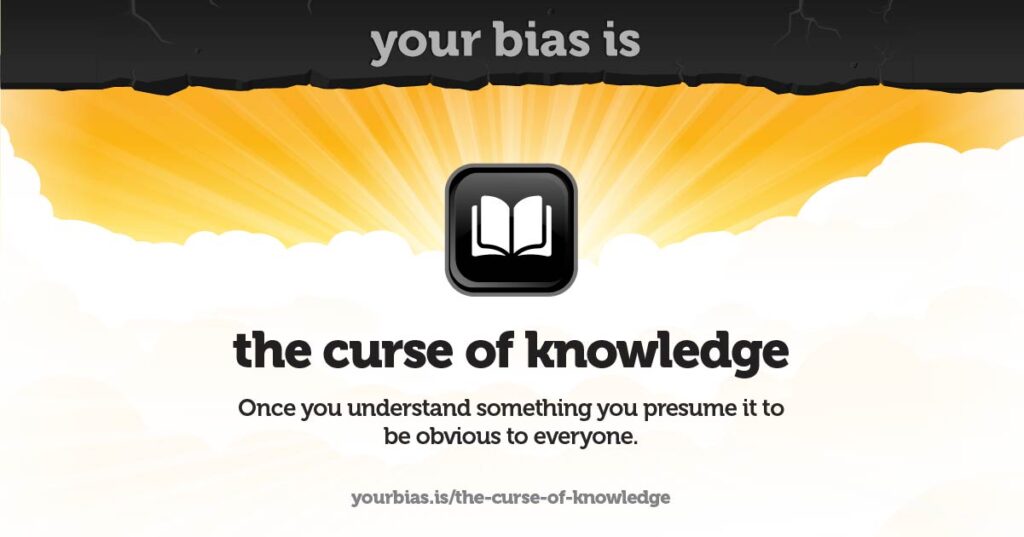Cognitive biases are inherent patterns of thinking that can influence our judgment, decision-making, and perceptions of the world around us. These biases are a result of the brain’s need to process vast amounts of information efficiently. While they serve as mental shortcuts, they can sometimes lead to errors, irrational behavior, and flawed conclusions. Anyone doing marketing for your organization should be aware of cognitive biases to avoid blind spots in their own decision-making process AND to predict responses from your customers.
Avoiding the Pitfalls of Biases
Being aware of cognitive biases is crucial for several reasons:
- Improved Decision-making: Recognizing cognitive biases allows us to critically evaluate our thought processes, leading to better-informed decisions. By understanding how biases can influence our judgments, we can strive for more rational and objective choices – and better ways to spend your precious marketing budget.
- Reduced Errors and Mistakes: Awareness of cognitive biases helps us identify potential errors in our thinking. By avoiding these biases, we can reduce mistakes and avoid making decisions solely based on faulty reasoning.
- Effective Problem-Solving: When faced with complex problems, being aware of biases enables us to approach the situation from different angles and consider various perspectives, leading to more creative and effective solutions.
- Enhanced Communication: Understanding cognitive biases helps us interpret other people’s behaviors and opinions more accurately. It allows us to avoid misinterpreting their intentions and promotes better communication and empathy.
- Conflict Resolution: Being aware of cognitive biases can improve conflict resolution by making us more receptive to alternative viewpoints and less prone to becoming entrenched in our own beliefs.
- Preventing Manipulation: People can exploit cognitive biases for persuasive purposes or to influence our behavior. Awareness of these biases can make us less susceptible to manipulation and false information.
- Learning and Growth: Recognizing cognitive biases encourages a growth mindset, promoting continuous learning and openness to new ideas and experiences.
- Better Understanding of Human Behavior: Studying cognitive biases helps us comprehend the complexities of human behavior, revealing the underlying mechanisms that drive our decisions and actions.
In essence, understanding cognitive biases empowers us to make more informed choices, cultivate critical thinking skills, and navigate the world with a greater appreciation for the intricacies of human cognition. It is an essential aspect of personal development, professional growth, building strong interpersonal relationships, and effectively communicating with your customers.
Cognitive Bias in Marketing
The “curse of knowledge” bias is a cognitive phenomenon that also applies to companies when marketing their waste and recycling services to customers. When waste management companies are deeply familiar with their processes, terminology, and industry intricacies, they may inadvertently assume that their potential customers share the same level of understanding. This can lead to communication challenges and missed opportunities to effectively convey the value of their services.
After all, everyone has to dispose of their waste…so this stuff should be obvious, right?
Common Mistakes Waste Companies Make
In the context of waste and recycling marketing, the curse of knowledge can manifest in several ways:
- Technical language and jargon: Waste management companies might use industry-specific terms and acronyms without realizing that customers may not be familiar with them. This can result in confusion and make potential customers feel disconnected from the message. MRFs and resin identification codes are good examples of jargon that we use internally and expect everyone else to understand.
- Assumed knowledge: Waste management companies might assume that customers understand the environmental benefits of recycling or the complexities of waste disposal regulations. As a result, they may overlook the need to provide clear explanations and educational content. I see this happening every time there is a fuel surcharge change.
- Overlooking pain points: Companies with deep knowledge in the waste industry may overlook the specific concerns and challenges faced by their customers. They might focus on features of their services that are impressive from an industry perspective but fail to address customer pain points effectively.
- Complex communication: Technical expertise can lead to the creation of intricate marketing materials that are difficult for the average consumer to comprehend. This complexity can deter potential customers from engaging with the company’s message.
Mitigating Curse of Knowledge Bias
To mitigate the curse of knowledge bias in waste and recycling marketing, companies should adopt customer-centric strategies:
- Simplify messaging: Use plain language and avoid technical jargon to ensure that potential customers easily understand the benefits and processes of waste and recycling services. Train your customer service representatives to speak both the internal language and the external language.
- Empathize with customers: Put yourself in the shoes of the customers to identify their concerns, questions, and knowledge gaps. Tailor marketing messages to address these specific needs. Ask yourself, “Would my grandma understand this?”
- Provide educational content: Offer informative content that explains the environmental impact of recycling, the benefits of waste reduction, and the significance of responsible waste disposal.
- Seek customer feedback: Regularly collect feedback from customers to gauge their understanding of the company’s services and messaging. Use this feedback to refine and improve communication efforts.
- Engage in dialogue: Encourage open communication with customers, addressing their queries promptly and transparently. This fosters a sense of trust and understanding.
By recognizing the curse of knowledge bias and taking proactive steps to bridge the communication gap, waste management companies can establish meaningful connections with their customers and promote sustainable waste practices effectively.
We’ll cover more cognitive biases and logical fallacies in upcoming blog posts, but if you’re eager to learn more and access free resources, check out School of Thought. If you’re interested in see how Circle Three Branding applies these to your marketing strategy, contact us.

